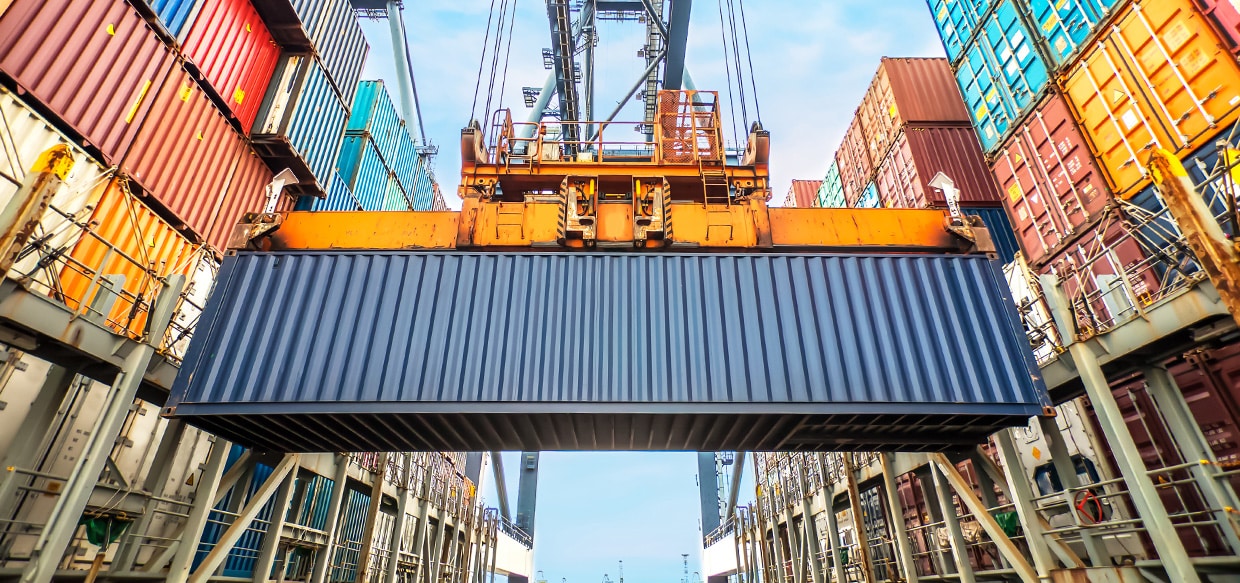
A Pivotal Moment as South Korea’s Legislative Election Approaches

Sandpiper Launches Voice Your Vision Pro-Bono Communications Training 2024 Programme
ABAC Meeting in Hong Kong: Returning to ‘Asia’s World City’
April 2024

This article is part of Sandpiper’s Public Affairs Tracker content series. Our Public Affairs team provides in-depth monitoring and analysis on emerging political and macroeconomic issues, helping companies formulate appropriate strategies for challenging business environments. Click here to explore other recently published articles.
The APEC Business Advisory Council convenes in Hong Kong from 22nd to 25th April, as ‘Asia’s World City’ plays host to the second of four ABAC meetings scheduled for 2024.
A voice for business within the APEC framework
The enduring influence of the Asia-Pacific Economic Cooperation (APEC) forum has been a familiar feature of international economic diplomacy for more than three decades. Through the hyperglobalisation of the 1990s and early 2000s, both sides of the Pacific saw a supercharging of economic interdependence, running parallel to the region’s emergence as the foremost growth engine of the global economy.
Today, the 21 Member Economies of APEC together account for over 60 per cent of the world’s GDP and nearly half of all global trade. APEC continues to be an indispensable forum for multilateral economic cooperation at the highest levels, as proven by the anticipation surrounding last November’s Economic Leaders’ Week in San Francisco.
Then there is the more specific role of ABAC – the APEC Business Advisory Council. As we previously explained in our piece on last year’s summit, the purpose of ABAC is to bring the voice of business to the heights of economic decision-making within the broader APEC framework.
Headquartered in the Philippines, ABAC was established as a platform for global enterprise to get involved in shaping economic policy across the Asia-Pacific region. With up to three delegates for each Member Economy, ABAC emissaries are business leaders drawn from diverse fields, representing the entire spectrum of industry – from state-owned giants and multinationals, to small and medium-sized private enterprises. These include representatives from chambers of commerce, sovereign wealth funds, and private financial institutions.
ABAC is the only non-governmental body with an official function at the APEC Economic Leaders’ Summit, playing an important role in complementing high-level state-to-state diplomacy with a pragmatic business perspective. Its annual report – presented to APEC Leaders in November – offers comprehensive policy recommendations for the year ahead. In the build-up to this year’s summit in Peru, the coming months’ work will echo APEC’s broader theme for 2024: “People, Business, Prosperity”.
Following this year’s first meeting in Kuala Lumpur, ABAC’s priorities for 2024 have been clearly outlined and are expected to govern the agenda in Hong Kong this month. These include trade and investment facilitation, digital transformation, supporting the transition from the informal to the formal economy, and making tangible progress towards creating the Free Trade Area of the Asia-Pacific (FTAAP) – an ambitious conception of regional trade liberalisation, initially proposed by ABAC and adopted by APEC Leaders in 2006 as a long-term prospect.
Hong Kong’s lasting appeal
The fact that the next ABAC meeting is taking place in Hong Kong is itself noteworthy and speaks to the city’s status as an unshakable node in the global economy. Much ink has been spilled in recent years on prognosticating Hong Kong’s decline. Media headlines have focused on falling property prices and rentals, an under-performing stock market, and an increasingly ambiguous political climate – most recently evidenced by the introduction of a new security law, Article 23.
Yet, in many ways, Hong Kong’s position remains robust. It is still the world’s gateway into China – fully two-thirds of all foreign direct investment in and out of the mainland passes through the city’s financial system. Whether multinationals decide to reaffirm their commitments to the China market by doubling down on investment, or, on the contrary, choose to “de-risk” and divest their assets – either way, Hong Kong remains an essential bridge in both directions.
Many of the fundamentals remain strong. Hong Kong still hosts the regional headquarters of hundreds of Japanese, American and European companies. Its fund management industry continues to outpace regional rival Singapore, and as a global hub for cross-border private wealth management, there are even projections that Hong Kong may overtake Switzerland in the coming years.
But this is not just about traditional financial industries. Hong Kong is also doubling down on new technologies. Aligning with the mainland’s pursuit of a “high-quality development” model, the Hong Kong government is also intensifying efforts to enhance the city’s capacity for technological innovation, while fortifying the green finance ecosystem. The latest government budget from February has committed HKD 24 billion to the tech economy and extended the Green and Sustainable Finance Grant Scheme to 2027.
A more consequential, longer-term trend may have to do with the growing reach of the Chinese renminbi, which recently overtook the Japanese yen to become the world’s fourth-most traded currency for international payments – buoyed by the effects of ongoing geopolitical tensions and changing global energy dynamics. This is a positive sign for Hong Kong, given than over 70 per cent of the world’s cross-border renminbi transactions go through the city. If renminbi internationalisation continues in earnest, Hong Kong’s dominant position in the global financial network looks secure.
As ABAC assembles some of the world’s leading business luminaries to discuss economic priorities from both sides of the Pacific, it is worth taking a moment to reflect on Hong Kong’s place in the global context. There is no doubt that the challenges of recent years have taken a toll on the city’s reputation and should not be understated. Still, Hong Kong’s unique mix of qualities continues to ensure its position as an irreplaceable commercial and financial hub – both for the region, and the wider world.
Related news & insights:
-

A World Recalibrating: Strategic US Absenteeism is Accelerating ASEAN’s Regional Integration
-

New research from Sandpiper reveals business leaders blame the US more than China for trade war, believe US should make first moves to de-escalate
-

All Eyes on AI, But Don’t Overlook Cross-Border Payments: Looking Ahead to Money 20/20 in Bangkok

